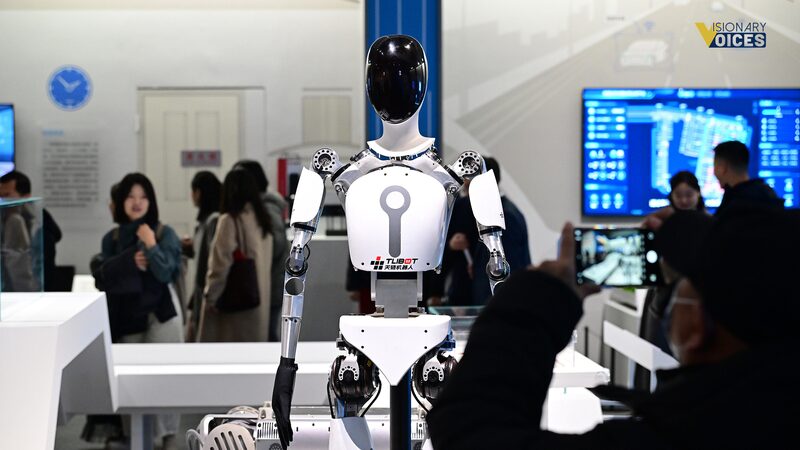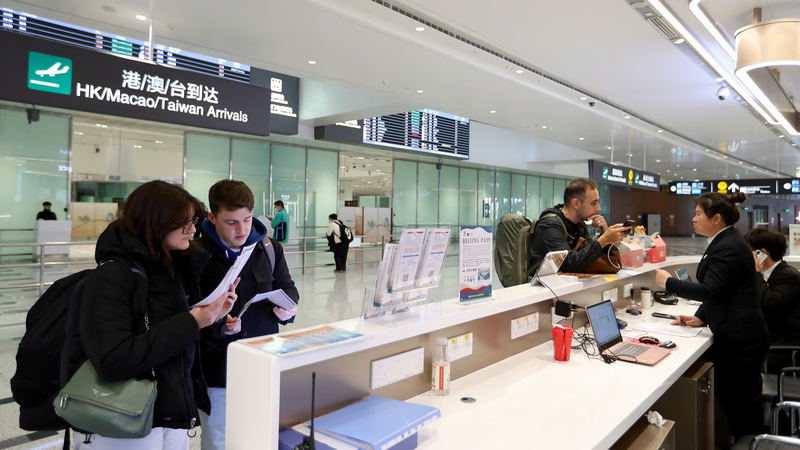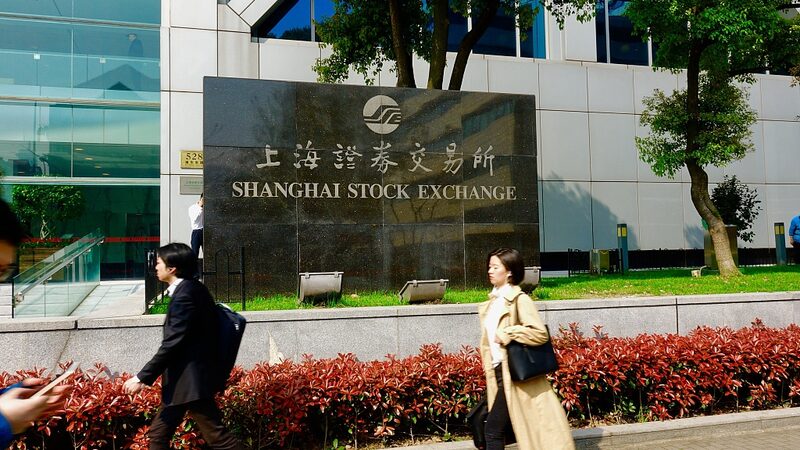China is set to launch a groundbreaking visa program targeting young international professionals in science and technology, marking a strategic shift in its approach to global talent acquisition. The K visa, effective October 1, offers multiple entries, extended validity periods, and flexible activity permissions – from research collaborations to entrepreneurial ventures – without requiring employer sponsorship.
Analysts view this move as a direct response to the intensifying global competition for STEM (science, technology, engineering, and mathematics) experts. Unlike traditional work or study visas, the K visa's design accommodates the dynamic needs of innovation-driven professionals. A software engineer from Silicon Valley could now explore Chinese tech hubs like Shenzhen, while a biochemist from Zurich might more easily collaborate with Shanghai research institutes.
The policy change comes amid China's broader push to streamline international exchanges. Recent data shows a 30.2% year-on-year increase in international travel to China during the first half of 2025, with visa-free entries surging 53.9%. This contrasts with tightening immigration policies in several Western nations.
"The K visa represents more than bureaucratic reform – it's about positioning China as a nexus for global innovation," said a Beijing-based policy analyst. The program particularly benefits early-career professionals, allowing them to test ideas in China's growing tech ecosystems without immediate employment commitments.
While the visa's long-term impact remains to be seen, its introduction coincides with China's expanding network of 75 reciprocal visa-free agreements. Observers note this could reshape global talent flows, especially in emerging fields like AI and green energy where China has made significant R&D investments.
Reference(s):
cgtn.com








